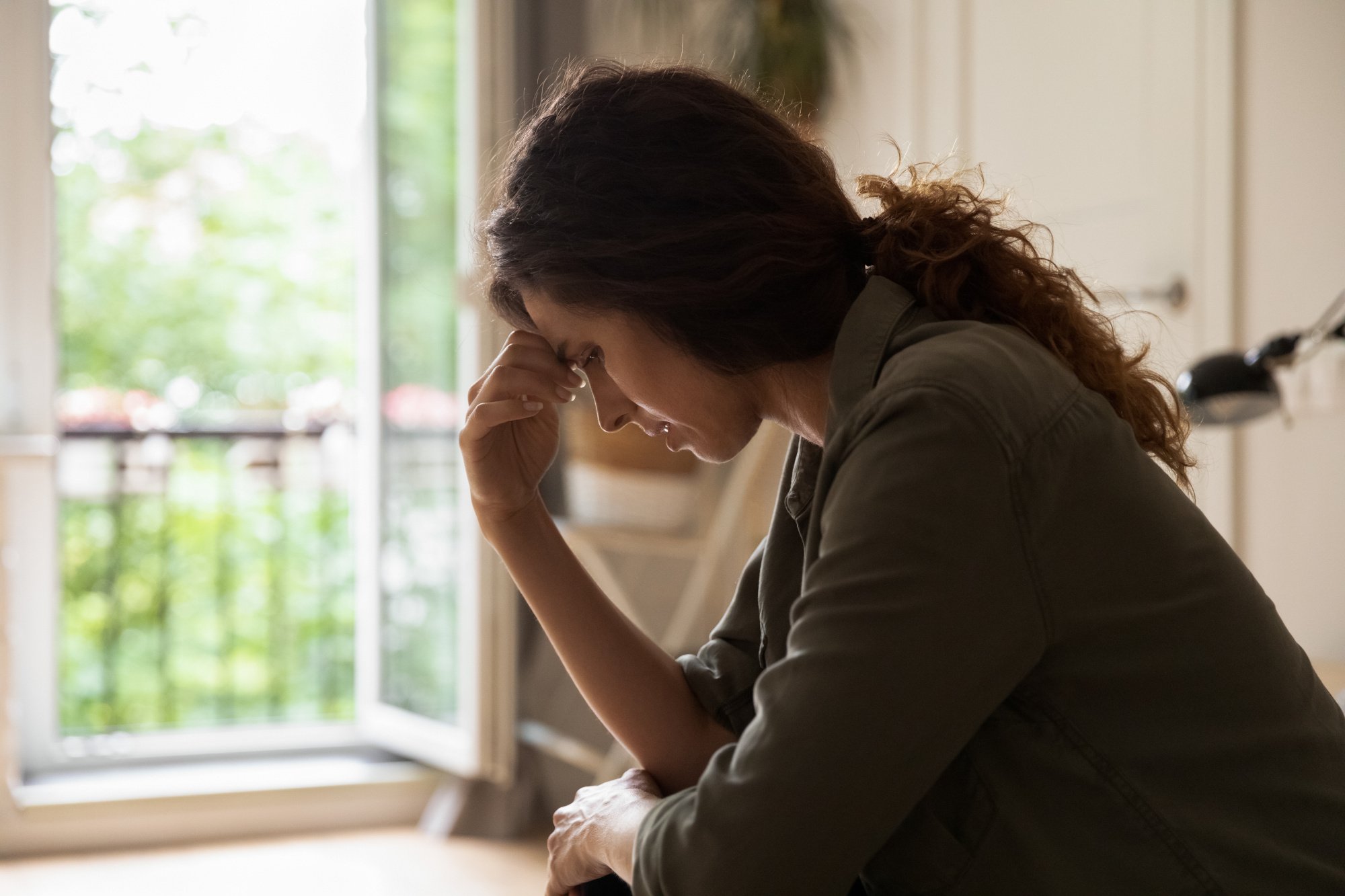At-Home Drug Treatment: What You Need to Know About In-Home Drug Rehab
Recovering from drug addiction can feel overwhelming, especially when you’re thinking about going to a treatment center. For many people, leaving home isn’t an option due to work, family, or other responsibilities. That’s why at-home drug treatment is becoming a more common and effective choice for those who need help while staying in their own environment.
What Is At-Home Drug Rehabilitation?
At-home drug treatment allows people to begin recovery without going to a rehab facility. Instead of living at a treatment center, individuals receive support and therapy from home. This can include virtual therapy sessions, medication-assisted treatment, online support groups, and ongoing check-ins with medical professionals.
This approach can work well for people who are in the early stages of addiction or for those who have already completed inpatient treatment and want continued support at home.
Who Should Consider At-Home Drug Addiction Treatment?
In-home drug rehab isn’t right for everyone. It’s best suited for people who:
Have a stable and safe home environment
Are highly motivated to stay sober
Do not require 24/7 medical care
Have mild to moderate symptoms
Are able to attend virtual sessions and follow through with the treatment plan
If someone is going through a severe addiction or withdrawal symptoms that could be dangerous, a medically supervised detox or inpatient care may be the safer option.
How At-Home Drug Addiction Treatment Programs Work
At-home drug treatment plans can be customized to each person’s needs. Some common parts of the program may include:
Virtual Addiction Counseling From Home
Licensed counselors can provide one-on-one therapy through video calls. These sessions may focus on behavior changes, managing stress, and working through trauma or mental health issues that can be tied to addiction.
Medication-Assisted Treatment at Home
In some cases, doctors may prescribe medication to help reduce cravings or manage withdrawal symptoms. These medications can be taken at home under the supervision of a doctor, often with regular check-ins to make sure everything is going well.
Online Recovery Support Groups
Online support groups and recovery meetings give people a chance to connect with others who are also working to stay sober. These meetings can provide encouragement, accountability, and a sense of community.
Family Support During Home Recovery
Involving family members in the recovery process can be very helpful. Education and counseling can help loved ones understand addiction and learn how to offer support in a healthy way.
Benefits of At-Home Substance Abuse Treatment
There are several reasons why someone might choose at-home drug treatment:
Comfort and privacy: People can recover in a familiar space without worrying about judgment or stigma.
Flexibility: Treatment can often fit around work, school, or caregiving schedules.
Lower cost: At-home care can be more affordable than inpatient rehab.
Continued responsibilities: People don’t have to leave their families or jobs to get help.
Challenges of Treating Addiction at Home
While at-home treatment has many advantages, it also comes with challenges:
Lack of structure: Without the routine of a treatment center, it can be harder to stay on track.
Temptations at home: It may be easier to relapse when old habits and triggers are nearby.
Limited medical support: People who need close medical attention might not get the level of care they need from home.
Isolation: Without in-person contact, some people may feel lonely or disconnected from their support system.
Is At-Home Drug Rehab Effective?
At-home treatment can be just as effective as traditional rehab for certain individuals. The key to how to rehab at home successfully is having a strong plan, ongoing support, and a commitment to making healthy changes. Some people use at-home treatment as a first step before moving into more structured care, while others use it as a long-term solution.
Begin Your Recovery From Home Today
At-home treatment is a flexible and compassionate option for people ready to take control of their lives—and one of the most effective ways to do that is through a virtual intensive outpatient program (IOP).
At New Day Recovery, our highly effective virtual IOP gives you access to structured, evidence-based treatment from the comfort of home. You’ll participate in regular therapy sessions, receive personalized care from experienced professionals, and build a recovery community—all while keeping up with your daily responsibilities. It’s a powerful option for those who want high-quality treatment without putting their life on hold.
Don’t wait to start feeling better. Reach out to New Day Recovery today and ask about our virtual IOP. Your recovery can begin right now, right where you are.
FAQs About At-Home Drug Treatment
-
The length of at-home treatment depends on each person’s needs. Some programs last a few weeks, while others continue for several months. Virtual IOP programs often run for eight to 12 weeks with a flexible schedule.
-
Yes, many people choose at-home treatment because it lets them keep up with work, school, or family duties. Sessions are usually scheduled around your availability, especially in a virtual IOP.
-
Yes. At-home treatment is extremely private. You don’t need to travel or attend a public facility, and virtual sessions are done in secure, confidential settings.
-
Yes, you’ll need a reliable internet connection and a device like a computer, tablet, or smartphone to attend virtual therapy and group sessions.
-
Many insurance plans now cover virtual addiction treatment, including telehealth services and IOP. It's best to contact your provider or reach out to New Day Recovery to check your coverage options.
-
Relapse can be part of the recovery process. If it happens, your care team can adjust your treatment plan or suggest more support, such as a higher level of care. The goal is to help you stay on track, not to judge or punish.
-
Yes, many people move from inpatient or in-person treatment to at-home care as part of their recovery journey. It can be a helpful way to stay supported after leaving a treatment center.


